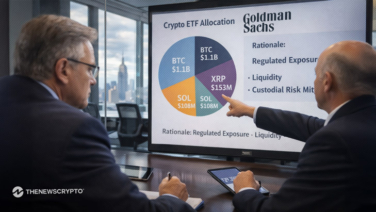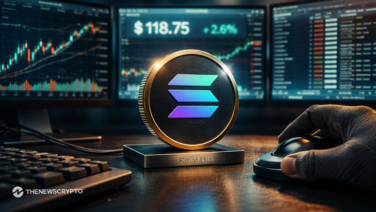SVM chain extension Sonic has announced the creation of a validator program that will play a vital role in decentralizing the network. In the process, it will incentivize validators by rewarding them for their performance in helping to strengthen the first-of-its-kind Solana chain extension.
To bootstrap its new validator program, Sonic has already onboarded a number of ecosystem partners including Restake, Stakin, and Adrastea. They’ll provide the liquidity and validator expertise to kickstart network validation and provide a strong foundation for other players to follow suit. This will create an environment for development on Sonic to flourish as its first games and applications come to life.
One Network, Two Incentive Models
A dual-system incentive structure has been created to ensure that rewards are sufficiently attractive to bring quality validators to Sonic, but also sustainable enough to support long-term growth. Validators will have two options at their disposal in the form of a self-staking model or a delegation-based alternative. Infra providers that choose the former option on Sonic SVM will retain greater control over setup and revenue sharing.
Under the terms of the new program, validators can elect to set a commission rate of 0-20% for retail delegations and gas fee sharing. This will provide an additional revenue stream for validators while creating a healthy marketplace between validators, and will simultaneously increase decentralization by allowing retail delegators to select their preferred provider.
Sonic Seeks High-Performance Infra
While decentralization is a primary goal, and thus a broad choice of validators is desirable, Sonic’s network has been optimized for performance. It’s thus intent on onboarding major validators, particularly those that are already within the Solana ecosystem and that have a long-term interest in contributing to its growth.
The new validator program offers performance-based reward distribution, ensuring that validators are incentivized to maximize uptime for the benefit of network users. To help validators get started, Sonic has developed comprehensive documentation. Coupled with ongoing support and the prospect of competitive operational costs, estimated at between $500 and $3,000 per month, Sonic is confident that it will be able to attract quality validators to its SVM chain extension.
Supercharging Solana
Sonic has a lot lined up for its SVM chain, which it’s designed to serve as a programmable attention settlement layer. In real terms, this means forming a highly scalable network for hosting entertainment in all its forms: games, social media, and other retail-oriented applications. Created using the Sonic HyperGrid framework, it’s targeted at the TikTok generation: users who want to combine crypto access with the sort of UX and speed to which they’re accustomed on their favorite web2 apps.
With the ability to ultimately scale Solana gaming to handle millions of requests per second, there’s scope for Sonic becoming a major player in the quest to mainstream web3 gaming. This will allow in-game actions to be recorded onchain without interrupting playing experience or incurring tangible costs. Its new validator program will help to refine these foundations before the first wave of Solana-based games are deployed on Sonic’s SVM chain extension.








